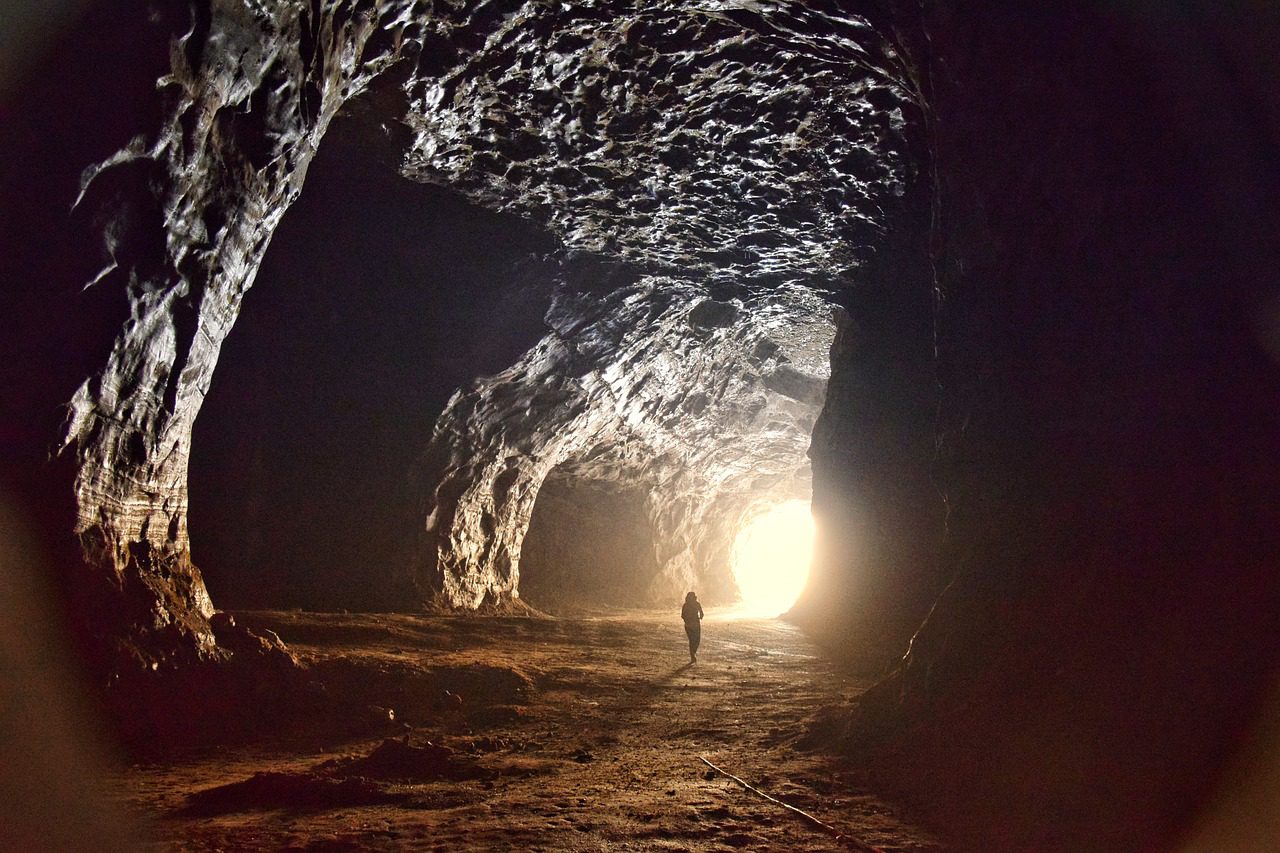
Ethics of cobalt mining must be taken seriously by traders
Artisanal miners at a cobalt pit in Democratic Republic of Congo, which holds 70% of the world’s supply. Workers are often assisted by their children © REUTERS
Buyers need to create common standards and metrics to govern extraction process
President Vladimir Putin’s attempt to bludgeon Ukraine into submission is forcing western governments and businesses to renew their focus on energy independence as a strategic imperative.
Shifting transportation from fossil fuels to battery power is part of the answer, and more batteries will require more cobalt mining. The challenge is how to mine cobalt safely and without exploiting children.
An indispensable ingredient in lithium-ion batteries for electric cars and trucks, cobalt provides a natural safeguard against overheating and fires. These batteries each contain between 6-9kg of cobalt, which will mean soaring demand as electric vehicle production increases.
The Democratic Republic of Congo holds about 70 per cent of the world’s cobalt supply. Rich in natural resources, the DRC has suffered from political instability since declaring its independence in 1960. A reform-minded leader, Felix Tshisekedi, was elected president in 2018, but the country still is struggling to recover from a legacy of conflict and corruption.
In this unpredictable environment, cobalt excavation in the DRC relies on both highly mechanised operations and informal, or artisanal, mines. The artisanal miners dig for small pieces of cobalt, often assisted by their children. They carry away what they find in burlap bags and sell to small traders on the open market, accounting for 15 per cent to 30 percent of the country’ cobalt production.
DRC’s informal cobalt mining sector, which is thought to involve as many as 200,000 people, is barely regulated. As demand for EVs grows, so will artisanal cobalt mining.
Today, the DRC’s artisanal mines are not safe — a fact that industrial miners, traders and manufacturers of batteries and electric vehicles have failed to adequately address.
Injuries and death caused by the collapse of haphazardly dug tunnels occur regularly. Child labour is widespread. The US Department of Labor estimates that more than 25,000 children work in and around the mines, most of them too poor to go to school.
A 2016 report on child labour and other issues in the DRC’s cobalt mines from Amnesty International provided a wake-up call for the industry, but the companies that need cobalt for EVs have responded far too slowly and episodically.
